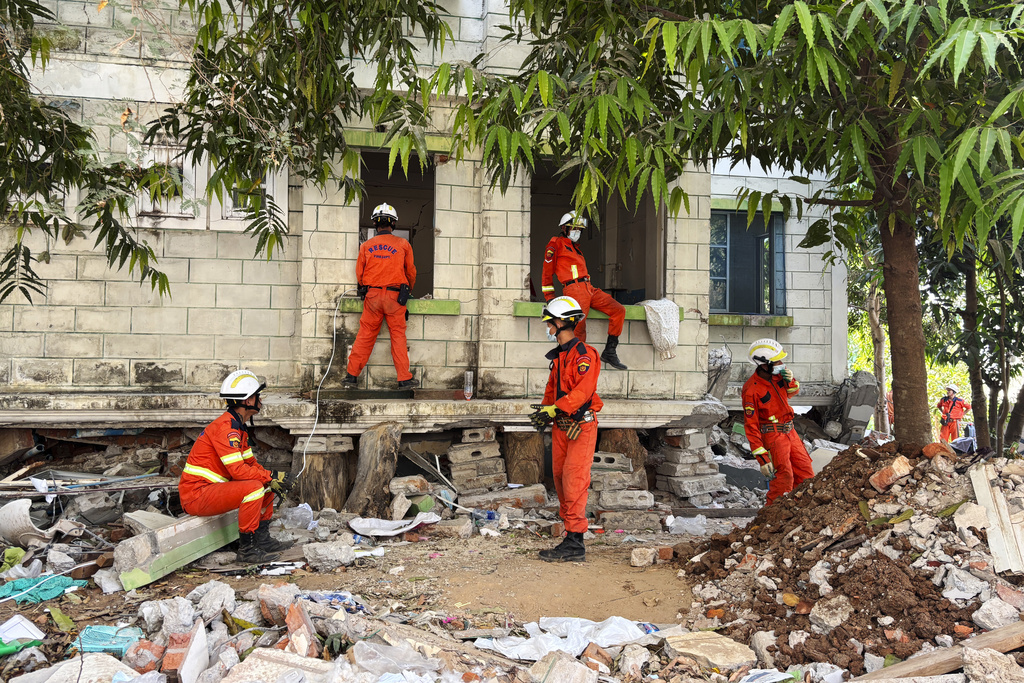
Artificial intelligence has opened a can of worms that many would prefer closed. It has forced society to reckon with questions that, among the plethora of other pressing topics and issues, it was not prepared for. AI overuse has shown to lead to large amounts of carbon dioxide emissions and enormous consumption of water due to the power it requires. Elon Musk’s error-ridden Department of Government Efficiency has employed artificial intelligence in its duties. From artists to intellectuals to blue-collar workers, people all across society have come to worry about the implications of artificial intelligence.
However, AI’s Pandora’s box has already fully unleashed itself upon the world, never to return back into the minds of those that pioneered it to its current widespread and accessible state. The debate no longer centers around whether we ought to use AI; rather, leaders, intellectuals, ethicists, and other important figures must discuss now how we ought to use AI.
In the midst of the chaos and discord sowed by AI’s rampant misuses, there exists hope in places like Myanmar. On Friday, March 29, a magnitude 7.7 earthquake shook Myanmar’s capital, Naypyidaw, and its second-largest city, Mandalay, leaving thousands dead and many more injured in its wake. Amid this tragedy and with a desperate need to assist a devastated population, relief and rescue workers found themselves benefiting greatly from satellite images paired with artificial intelligence. By using satellite technology, experts have gathered images of the two cities and their surrounding areas and used artificial intelligence to rapidly identify places most in need of help. One setback of this technology comes from its lack of generalizability. Models have to be created for specific disasters and specific areas due to the diversity of both areas that disasters strike and the nature of the disasters themselves.
However, this technology has expedited the process of finding the areas most in need of aid and allowed relief workers to efficiently mobilize, cutting down on the logistical effort of manually sorting through and analyzing hundreds of different images and gauging the damage they have suffered.
Myanmar is not an isolated incident of AI assisting humanitarian efforts. Though overuse of AI can exert energy to an extent that deteriorates the environment, those in charge of handling the California wildfires greatly benefited from using AI in a way much like the response in Myanmar, using AI and imaging data to pinpoint active wildfires most efficiently. Responders also utilized similar technology when catastrophic flooding struck Libya in 2023.
AI is unlikely to replace doctors and experts, but many experts believe it will also play an integral role in the future of medicine as it continues to evolve and adapt. For example, after the COVID-19 epidemic, scientists began to use artificial intelligence as a tool to model infectious disease epidemics to develop a better response protocol. Scientific research as a whole has the potential to become far more accessible and collaborative with recent developments in AI translation technology. The importance of human translation cannot be understated, as artificial intelligence is currently unlikely to pick up the subtleties and details of a certain language, but AI can still serve as a tool to assist human translators.
The future of AI is uncertain. The ramifications of blatantly misusing artificial intelligence have already manifested themselves in ways that have caused society immense confusion and distress. However, within all the chaos it can reap when left unchecked, AI can provide the world with invaluable assistance in some of the most critical and essential tasks. Rather than entirely accepting or rejecting artificial intelligence, today’s leaders must take a cautious approach to its integration into our society. Regulation at the behest of the world’s utmost experts (with the general welfare in mind) must be prioritized as artificial intelligence slowly becomes a staple rather than an anomaly in our lives. To behave too cavalierly about AI would put people’s intellectual integrity, the potential of society’s growth, and the environment at risk. But to rebuff it completely would deny the world its benefits. Those in power have the utmost responsibility to proceed with care.
The Zeitgeist aims to publish ideas worth discussing. The views presented are solely those of the writer and do not necessarily reflect the views of the editorial board.



